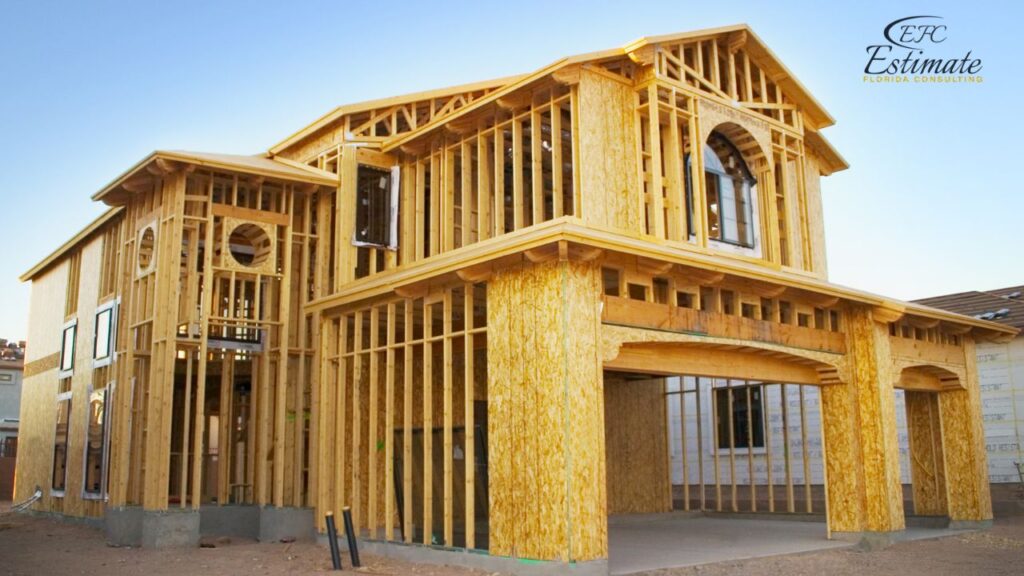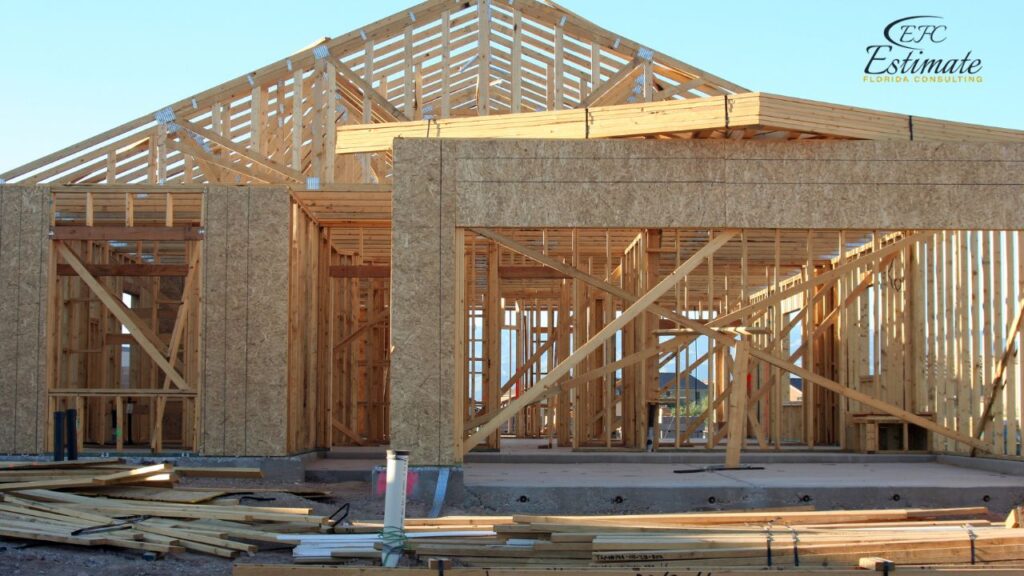Comparing Residential and Commercial Projects with VA Construction Loan
When comparing residential and commercial projects using a VA Construction Loan, there are several key differences to consider, particularly because VA loans are primarily intended for residential purposes. The keyword VA Construction Loan centers around VA-backed financing for constructing a new home for veterans, so let’s focus on how this applies and contrasts to both residential and commercial projects.
Eligibility
- Residential VA Construction Loans: VA construction loans are designed for veterans, active-duty service members, and eligible spouses who want to build a primary residence. The VA doesn’t provide loans for investment or vacation properties, meaning that this financing is strictly limited to residential projects.
- Commercial Construction Loans: Commercial loans are typically used by businesses or investors to fund projects like office buildings, retail spaces, or apartment complexes. VA Construction Loans cannot be used for commercial projects since their purpose is to provide affordable housing for veterans.

Purpose of the Loan
- VA Construction Loans: Focus on the construction of single-family homes, multi-family residences (up to four units if the owner lives in one), or modular homes. These loans cover the full construction of the residence, from the ground up.
- Commercial Loans: Used to finance commercial properties, such as retail buildings, multi-unit apartment complexes, warehouses, and more. These loans often focus on profit-generating properties, unlike VA loans which are designed to secure housing for personal use.
Loan Terms and Conditions
- VA Construction Loans: Offer highly favorable terms for veterans, including no down payment, no private mortgage insurance (PMI), and lower interest rates. VA loans are backed by the U.S. Department of Veterans Affairs, making it easier for veterans to qualify.
- Commercial Loans: Typically require higher down payments, ranging from 10-30%, and interest rates are usually higher than those of residential loans due to the inherent risks in commercial investments. Additionally, commercial loans might require personal guarantees or collateral to mitigate lender risk.
Loan Limits and Funding
- VA Construction Loans: VA loan limits vary by region and are typically tied to conforming loan limits set by the Federal Housing Finance Agency (FHFA). In most cases, a VA loan can cover 100% of the construction costs up to these limits.
- Commercial Loans: Typically, these loans offer only a portion of the project cost, often **60-80%, requiring the borrower to cover the remainder. Commercial project funding also considers expected future income and the value of the property upon completion.
Property Type
- Residential Projects: VA Construction Loans are for single-family homes, duplexes, triplexes, or quadplexes, as long as the borrower occupies one of the units. Custom or modern homes are eligible, provided they meet VA standards.
- Commercial Projects: Commercial loans are applicable for larger, multi-unit buildings, office complexes, and other non-residential structures. VA Construction Loans do not support commercial developments, even if intended for veteran businesses.

Approval and Appraisal Process
- VA Construction Loans: The VA has strict guidelines to ensure that properties meet their Minimum Property Requirements (MPRs), ensuring the home is safe, sound, and sanitary. The approval process often involves pre-qualification, but the builder must also be VA Approved Builder.
- Commercial Loans: Commercial projects go through a more complex appraisal and approval process, as they involve assessing not just the land but the potential profitability of the property. The borrower’s business plan, income projections, and market analysis play a significant role.
Government Involvement
- VA Construction Loans: Heavily backed and regulated by the Department of Veterans Affairs. The VA guarantees a portion of the loan, which reduces the lender’s risk and typically results in more favorable loan terms for the borrower.
- Commercial Loans: These may or may not involve government backing. Some commercial loans may be government-backed through programs like SBA loans (Small Business Administration), but many are private loans from banks or commercial lenders.
Government Involvement
- VA Construction Loans: Heavily backed and regulated by the Department of Veterans Affairs. The VA guarantees a portion of the loan, which reduces the lender’s risk and typically results in more favorable loan terms for the borrower.
- Commercial Loans: These may or may not involve government backing. Some commercial loans may be government-backed through programs like SBA loans (Small Business Administration), but many are private loans from banks or commercial lenders.
Construction Timelines and Risks
- VA Construction Loans: There are specific regulations on timelines and when funds are disbursed (usually in draws as milestones are met). The builder must adhere to VA construction standards, and there are often limits on construction timelines (e.g., completion within 12 months).
- Commercial Loans: Timelines can be much more flexible, depending on the project scope. Commercial projects might face more lenient construction timelines, but they are typically higher risk due to the reliance on future profitability and market demand.
Summary
In conclusion, VA Construction Loans are limited to residential projects, specifically for veterans looking to build or buy a home they will live in. The loan benefits, including zero down payment and lower interest rates, make them ideal for veterans looking to build a residence. In contrast, commercial projects require entirely different financing structures and come with different risks, terms, and purposes. Veterans looking to develop commercial properties would need to seek commercial loans or other forms of financing, as VA loans are not applicable for such ventures.
This distinction is essential when researching VA Construction Loan options and ensuring that the project you have in mind fits within the parameters of this veteran-specific benefit.

